
Forum sheds light on giving hearty lessons to students
At the teaching forum jointly organised by the Centre for Learning and Teaching (CLT) and the Centre for Curriculum Development and Innovation (CCDI) on 29 June 2022 via Microsoft Teams, participants were enlightened on ways to make learning in classes a wholesome experience for students.
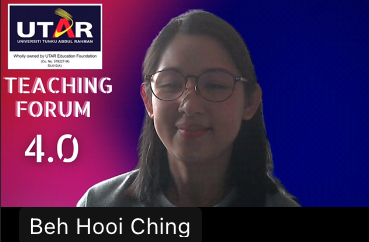
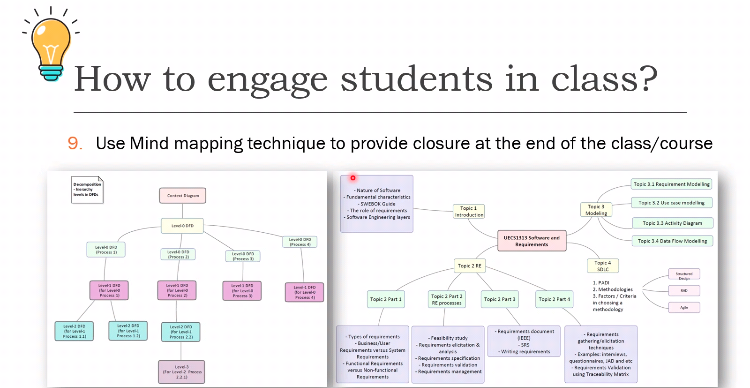
Beh explaining one of the ways to engage students
The first speaker was Lee Kong Chian Faculty of Engineering and Science (LKC FES) lecturer Beh Hooi Ching, who shared Tips on Student Engagement. She listed some ways to engage the students during lessons, which included, creating a sense of community; building rapport with students and maintaining frequent contact throughout the trimester; incorporating learning technologies; designing interactive class activities to engage students’ participation; providing instant reviewing of students’ work; using mind-mapping to provide closure to the lesson and creating polls to gather students’ feedback. She also advised, “As teachers, we need to be reflective in teaching and assessment methods. It is also important to be an active mentor and give a listening ear to your students— to hear them out so we can understand and guide them better. When engaging with students, it would be good to be friendly, approachable, empathetic and sincere.”

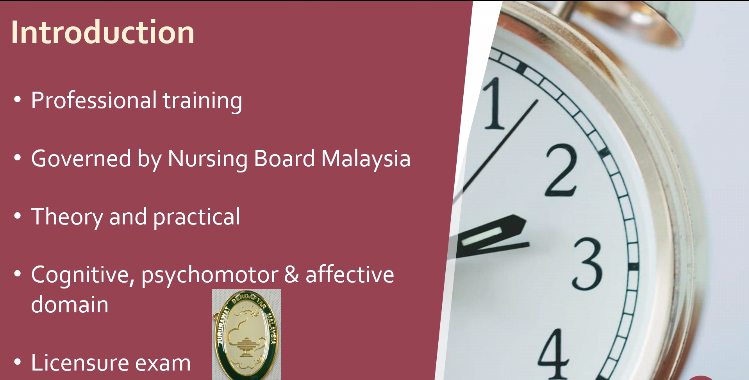
Sheela giving an introduction on nurse education
The second speaker was Faculty of Medicine and Health Sciences (FMHS) lecturer Sheela Devi Sukuru, who spoke on Nurse Education: The Art of Teaching. She explained that a lecture should encompass various materials and information about the subject. She mentioned that she also used videos and real stories to make them more relatable to the lessons, while critical thinking questions and group activities were used to engage students’ interests and participation, as well as to combat passive student role. For practical lessons, Sheela mentioned the use of simulation ward and clinical areas, which are able to provide clear demonstrations and allow for the integration of theory with practice. She further explained the use of high fidelity Sim Man 3G, which enables diversified training because it provides full articulation for realistic patient handling. According to Sheela, the Sim Man is able to breathe and speak, and it has palpable pulses, audible heart, lung, and bowel sounds, which can be altered according to the scenario. The use of Sim Man allows for realistic full codes with difficult airway options and even catheterisation.
She also added, “Mind mapping is a good method for teaching and learning because it motivates students to represent their ideas visually. Mind map also enables students to analyse, evaluate and think more critically, and it allows students to grasp a patient’s total clinical picture. Role-playing, on the other hand, promotes the development of the user’s creativity, autonomy and responsibility. Through role-playing, students are able to experience characters known in everyday life. When using role-playing, you need to first establish the goal of the method, debrief those involved, and then provide feedback at the end to evaluate which aspects need improvisation. Case studies are useful to explain clinical diseases and cultural competence as well as improve communication skills. It also promotes active learning which enables the development of critical thinking skills. Field trips make learning more effective because students are able to gain vast ideas on the topic. Field trips also motivate students through increased interest and curiosity, and increase student-student and student-teacher social interaction, besides developing social awareness.”
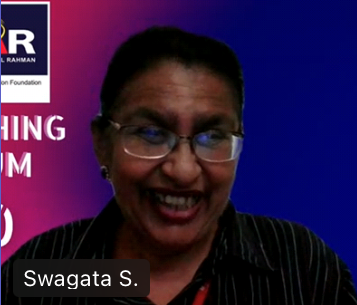
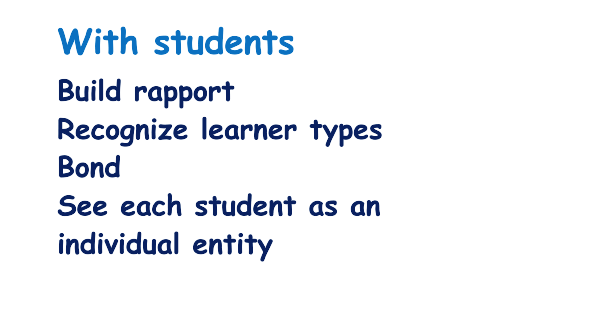
Dr Swagata advising ways to engage students more effectively
The last speaker was Faculty of Creative Industries (FCI) academic Dr Swagata Sinha Roy who spoke on Teaching is Heart Work: Some Ruminations. She shared her experience working as an educator and mentioned that teachers actually require support systems, which include having supporting authority figures, colleagues, family, friends, and students. She also drew importance on the need to continuously improve oneself in aspects of lifelong learning, personal values, personality, motto, managing frustrations, being understanding, and being adaptive. She also advised participants to build rapport with students, create a bond with them and see each student as an individual entity. She continued by sharing her experience teaching in Brunei, Langkawi, and Cheras before working in UTAR.
This forum is the second session of the Teaching Forum 4.0 series. The first session was held on 24 June 2022.
© 2022 UNIVERSITI TUNKU ABDUL RAHMAN DU012(A).
Wholly owned by UTAR Education Foundation (200201010564(578227-M)) LEGAL STATEMENT TERM OF USAGE PRIVACY NOTICE